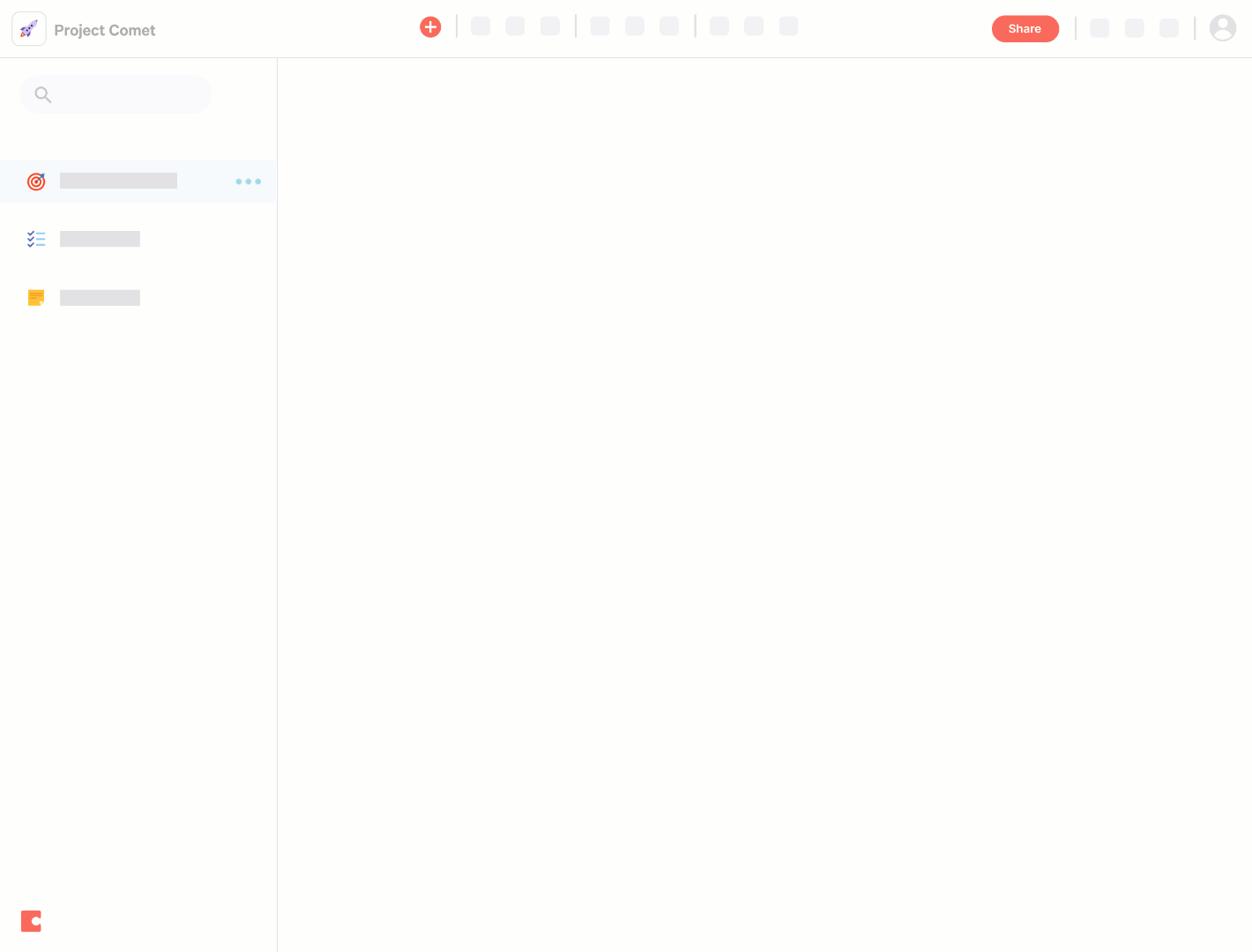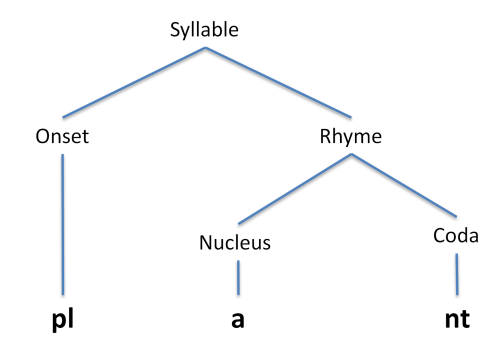| Developer(s) | Carnegie Mellon University |
|---|---|
| Introduced | 1987 |
| Other | |
| Supported operating systems | Linux kernel, NetBSDFreeBSD |
| Initial release | 1987; 33 years ago |
|---|---|
| Stable release | |
| Repository | github.com/cmusatyalab/coda |
| Written in | C |
| Type | Distributed file system |
| License | GPL v2 |
| Website | coda.cs.cmu.edu |
The CODA GPA is the GPA calculation of the six required Success courses (listed above). The CODA GPA must be greater than or equal to 2.0. The best grade of no more than two attempts in any one of these courses will be allowed. Coda is everything you need to hand-code a website, in one beautiful app. While the pitch is simple, building Coda was anything but. How do you elegantly wrap everything together? Deploymate 1 0 0 download free. Well, we did it. And today, Coda has grown to be a critical tool for legions of web developers around the world. More than anything else, Coda is a text editor. Duplicate file finder pro 6 512. Coda definition, a more or less independent passage, at the end of a composition, introduced to bring it to a satisfactory close. Co-Dependents Anonymous is a fellowship of men and women whose common purpose is to develop healthy relationships. The only requirement for membership is a desire for healthy and loving relationships. We gather together to support and share with each other in a journey of self-discovery — learning to love the self.
Coda is a distributed file system developed as a research project at Carnegie Mellon University since 1987 under the direction of Mahadev Satyanarayanan. It descended directly from an older version of Andrew File System (AFS-2) and offers many similar features. The InterMezzo file system was inspired by Coda.
Features[edit]
Coda has many features that are desirable for network file systems, and several features not found elsewhere.
- Disconnected operation for mobile computing.
- Is freely available under the GPL[2]
- High performance through client side persistent caching
- Server replication
- Security model for authentication, encryption and access control
- Continued operation during partial network failures in server network
- Network bandwidth adaptation
- Good scalability
- Well defined semantics of sharing, even in the presence of network failure
Coda uses a local cache to provide access to server data when the network connection is lost. During normal operation, a user reads and writes to the file system normally, while the client fetches, or 'hoards', all of the data the user has listed as important in the event of network disconnection. If the network connection is lost, the Coda client's local cache serves data from this cache and logs all updates. This operating state is called disconnected operation. Upon network reconnection, the client moves to reintegration state; it sends logged updates to the servers. Then it transitions back to normal connected-mode operation.

What Is Codata
Also different from AFS is Coda's data replication method. AFS uses a pessimistic replication strategy with its files, only allowing one read/write server to receive updates and all other servers acting as read-only replicas. Coda allows all servers to receive updates, allowing for a greater availability of server data in the event of network partitions, a case which AFS cannot handle.
These unique features introduce the possibility of semantically diverging copies of the same files or directories, known as 'conflicts'. Disconnected operation's local updates can potentially clash with other connected users' updates on the same objects, preventing reintegration. Optimistic replication can potentially cause concurrent updates to different servers on the same object, preventing replication. Bee 2 4 8. The former case is called a 'local/global' conflict, and the latter case a 'server/server' conflict. Coda has extensive repair tools, both manual and automated, to handle and repair both types of conflicts.
Supported platforms[edit]
Coda has been developed on Linux and support for it appeared in the 2.1 Linux kernel series.[3] It has also been ported to FreeBSD. Subsequently, obsoleted there, an effort is under way to bring it back.[4] Efforts have been made to port Coda to Microsoft Windows, from the Windows 95/Windows 98 era, Windows NT[5] to Windows XP,[6] by means of open source projects like the DJGCC DOS C Compiler and Cygwin.[5]
What Is Coda In Music
References[edit]
- ^'Coda progress'. July 5, 2020. Retrieved August 5, 2020.
- ^'New release: 5.0.pre1'. 1999-01-06. Retrieved 2015-09-11.
- ^'Linux Kernel mailing list, [PATCH] Coda'. 1998-01-06.
- ^https://github.com/trasz/freebsd/tree/coda
- ^ abBraam, P. J.; et al. (1999). 'Porting the coda file system to windows'. Proc. USENIX Annual Technical Conference. USENIX Association: 30. Retrieved 2009-04-15.
- ^'Coda Support for Windows XP'. Retrieved 2009-04-15.
External links[edit]

What Is Codata
Also different from AFS is Coda's data replication method. AFS uses a pessimistic replication strategy with its files, only allowing one read/write server to receive updates and all other servers acting as read-only replicas. Coda allows all servers to receive updates, allowing for a greater availability of server data in the event of network partitions, a case which AFS cannot handle.
These unique features introduce the possibility of semantically diverging copies of the same files or directories, known as 'conflicts'. Disconnected operation's local updates can potentially clash with other connected users' updates on the same objects, preventing reintegration. Optimistic replication can potentially cause concurrent updates to different servers on the same object, preventing replication. Bee 2 4 8. The former case is called a 'local/global' conflict, and the latter case a 'server/server' conflict. Coda has extensive repair tools, both manual and automated, to handle and repair both types of conflicts.
Supported platforms[edit]
Coda has been developed on Linux and support for it appeared in the 2.1 Linux kernel series.[3] It has also been ported to FreeBSD. Subsequently, obsoleted there, an effort is under way to bring it back.[4] Efforts have been made to port Coda to Microsoft Windows, from the Windows 95/Windows 98 era, Windows NT[5] to Windows XP,[6] by means of open source projects like the DJGCC DOS C Compiler and Cygwin.[5]
What Is Coda In Music
References[edit]
- ^'Coda progress'. July 5, 2020. Retrieved August 5, 2020.
- ^'New release: 5.0.pre1'. 1999-01-06. Retrieved 2015-09-11.
- ^'Linux Kernel mailing list, [PATCH] Coda'. 1998-01-06.
- ^https://github.com/trasz/freebsd/tree/coda
- ^ abBraam, P. J.; et al. (1999). 'Porting the coda file system to windows'. Proc. USENIX Annual Technical Conference. USENIX Association: 30. Retrieved 2009-04-15.
- ^'Coda Support for Windows XP'. Retrieved 2009-04-15.
External links[edit]
- Coda: a highly available file system for a distributed workstation network, Mahadev Satyanarayanan James J. Kistler, Puneet Kumar, IEEE Transactions on Computers, Vol. 39, No. 4, April 1990
- The Coda Distributed Filesystem for Linux, Bill von Hagen, October 7, 2002.
- The Coda Distributed File System with Picture representation, Peter J. Braam, School of Computer Science,

